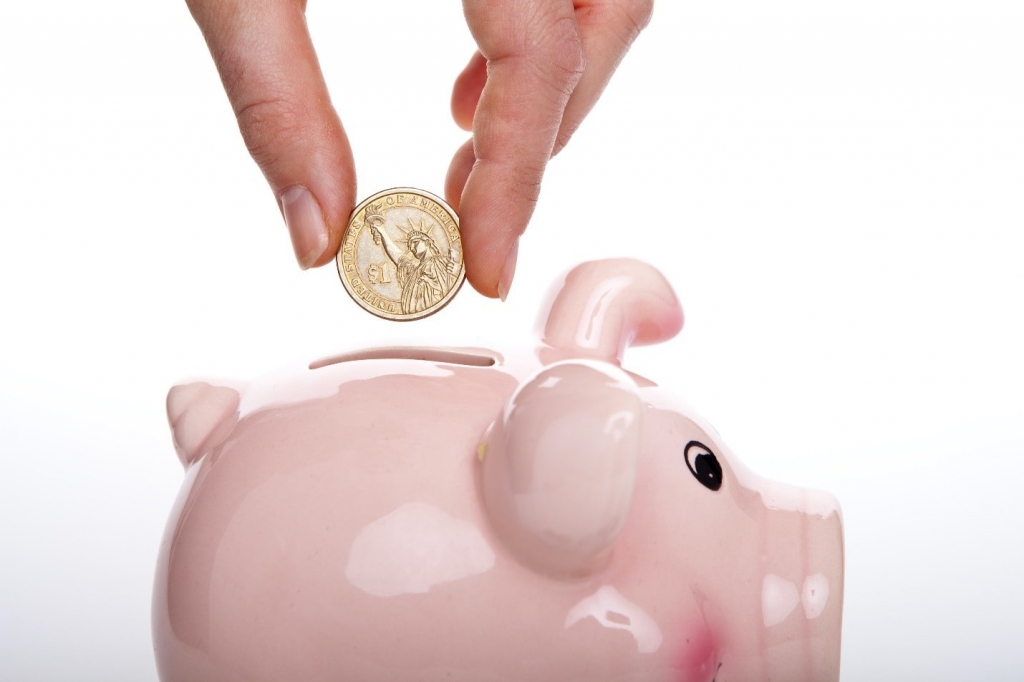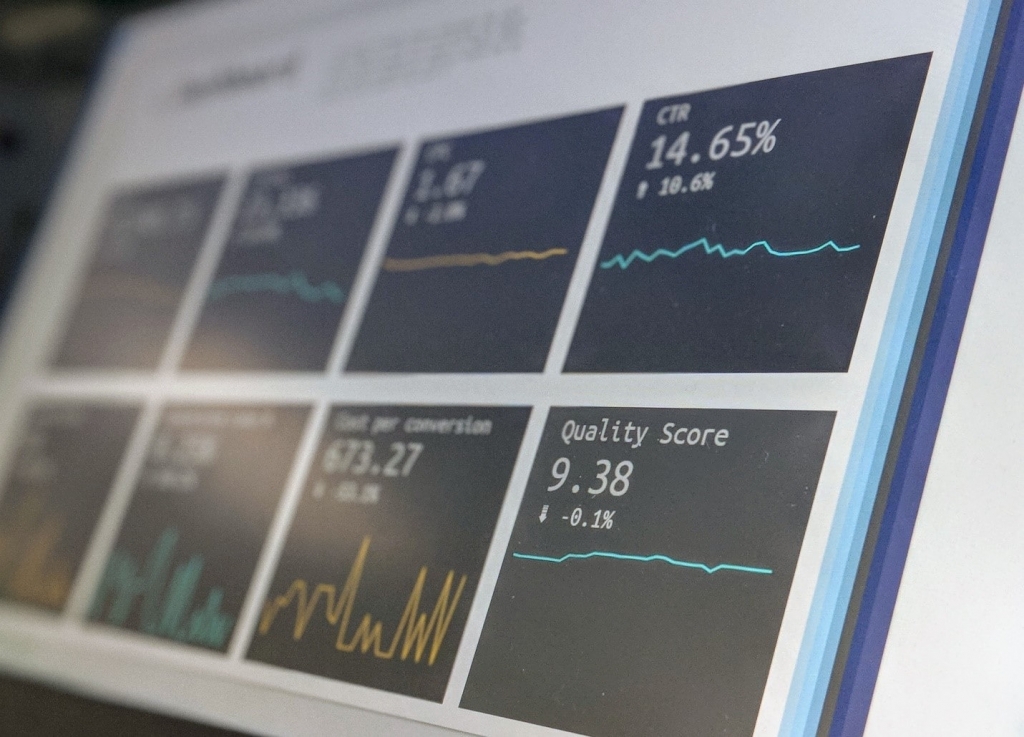Want to enjoy life early? Learn some of these Millennial financial planning tips to achieve financial security.
The road to financial freedom is a series of trial and error for everyone, but it hits differently to Millennials.
According to Forbes, this generation of millennials has conflicting views on finance since they are stuck with traditional approaches to financing while living in a modern world and its advancements. Also, they have little to no exposure to financial literacy, which makes it more difficult to find a starting point. Lastly, factor in the cost of living in the city and the lifestyle one lives, figuring out how to be financially responsible takes a lot of effort.
However, you don’t have to stress over all aspects of financial planning like having passive income ideas and watching the stock market. You only need to grasp the fundamental attitudes. Then, you can develop your habits from there with these millennial financial planning tips.
Suggested Read: Real Estate Investment: How To Become Financially Independent In 2022
Make a budget for everything.

The first step to being financially responsible is to develop a budget system. In this way, you will see where your money goes. Also, it is easier to track down when you do your weekly or monthly spending summary.
Allotting a specific amount to your purchases limits you from overspending, especially when you are working on a tight budget. Also, listing down your short and long-term financial goals determine which needs more priority in money.
How to define your Millennial financial planning goals?
To define these goals, here’s a little summary: short-term goals include plans you want to achieve today, this week, this month, or up to this year, while long-term goals work towards the big picture. These are the plans you want to achieve in 5 years or more.
Some examples of short-term goals are personal goods purchases, rent or credit card payments, or home improvement fixtures. Meanwhile, long-term financial goals are retirement funds, savings account for education, passive income streams, business ventures, or house purchase.
One way to start budgeting is to have a money tracker for your personal finance. Several apps have free and paid features which have different intentions, depending on the user’s need. Some recommended apps are:
- Mint
- YNAB (You Need A Budget)
- PocketGuard
- Money Manager
- Daily Expenses
- Bill Tracker
Each has its unique features that suit your current situation, from daily monitoring to financial analysis of your expenses. Also, using Excel, Keynote, and Sheets templates are good spending trackers too. You can find free and downloadable templates online.
Suggested Read: How to Effectively Increase Savings in 2022
Moreover, mindfulness with spending is a good habit to practice. The Japanese concept of Kakeibo is exactly like that. Translates to household finance ledger, Kakeibo encourages people to write down their purchase intentions to cross out the non-essential ones. Four questions in the Kakeibo system includes:
- How much money do you have available?
- By how much would you like to save?
- How much are you spending?
- How can you improve?
Kakeibo uses journals to track down their habits because writing down your entries on paper helps you see your progress and improvements in clear vision.
Build an emergency fund.

Now you know where to put your money, you need to allocate an amount to your emergency fund. The emergency fund is your money, stashed away for unanticipated financial crises like medical emergencies, natural disasters, or unemployment. This fund is your safety net.
The emergency fund usually consists of three to six months’ worth of expenses; however, experts now suggest maxing it out up to a year’s worth of expenses, which is a good response once a similar economic crisis is brought down by pandemic happen again.
To start your emergency fund, allot a modest amount of your salary to it, and then you can increase it little by little over time. Save this fund into an accessible account so the money will be easy to withdraw or transfer if there’s an emergency.
Suggested Read: Mental & Financial Growth in 2022
Find an extra income.

As most millennials compete with the current uptrend of the economy with their current salaries, it is a difficult task to have constant savings. With essential goods becoming costly and the amount of rent increasing, most millennials are living paycheck to paycheck. So to save more, millennials are taking extra jobs to increase their income or earning passive income stream.
Online jobs and passive income are in demand right now because of their home-based setup, and you can do it in your free time. It is convenient since some of us right now are working from home. You can also see this extra job to pursue a different career.
Some of the best online jobs for Filipinos are Administrative Support, Customer Service, Design and Creative, Writing, Marketing and Sales, IT, and many more.
DIY (Do-It-Yourself)

There’s satisfaction in creating something yourself. So, instead of take-outs, prepare your meals. Buy groceries in bulk to save up transport money and time. Cooking your meals limits you from putting extra cash on the table. And look at the brighter side: you know what’s in your food since you made it yourself!
Also, find time to recycle old stuff. We know we are easily distracted to purchase new thing but look around you for a minute, scan what is still functional and in good condition, and upscale it.
You don’t have to feel intimidated to do things on your own. If minor problems are manageable and easy to fix, you can do it yourself to avoid extra spending.
Invest.

Another way to have a brighter future for you and your future family is to generate passive income investments while you can. There are multiple investment selections to choose from, but you need to cater your investment after you assess yourself. Ask yourself these:
- What’s the current status of finances?
- How much am I willing to spend on investment?
- Which are the best options for me, in terms of my current financial status?
Suggested Read: How to Make Money from Real Estate in the Philippines?
What are the different Millennial investment vehicles?
Assessing yourself helps you determine which investment suits you best. Most millennials are interested in investing in mutual funds, a high-yield savings account, Variable Universal Life Insurance (VUL), and real estate investing.
Mutual funds are pooled money from various investors and invested in different assets. VUL is permanent life insurance and provides living, death, and disability benefits to those who availed and their dependents. Real estate or property investment is owning a residential, commercial, or rental property to generate income.
Suggested Read: Profitable Properties for Filipino Millennials
Real Estate Investing
One advantage of investing in real estate is the property value over time, especially when the location of your property is in or near business districts and emerging hubs.
The rental income is also huge, given that customers want to live near these areas. Plus, real estate provides a steady price increase of the property and less risk appetite compared to other investments.

So in real estate, the best aSo in real estate, the best advice is to go for a developer who’s been in the industry for four decades, providing premium quality home life to every Filipino. That’s what Camella has been doing. Located in different cities and municipalities in every region in the Philippines, Camella is always making it its mission to provide high-quality home investments for Filipinos residing here and abroad.
Educate yourself.

Everyone should make it their goal to be financially literate. Always go the extra mile to research to avoid major setbacks on your financial status now and soon. Plenty of finance books that are about guidance to financial management and financial freedom are available in bookstores and online. Through this, you will learn the dos and don’ts with your money and confidence to make the next big purchase without breaking the bank. Here are some recommendations for you to explore:
- Why Didn’t They Teach Me This in School?
- Rich Dad Poor Dad
- The Automatic Millionaire
- Broke Millennial
- The Psychology of Money
Practice a frugal mindset.

Frugality is being intentional with your purchases and avoidance of impulsive decision-making.
Making smart and sensible choices will make a difference in your finances. It means taking the time to ponder whether to buy an item or not, being purposeful with purchases, and valuing the long-term benefits of saving now. You need to train yourself to alter some of your routines and let go of the bad habits.
It might be a little uncomfortable at the start because you feel like you are missing a lot; however, this simple change can positively impact your life in the future.
Moreover, frugality doesn’t mean you have to live poorly. All you have to practice is spending your money in moderation and saving up for big purchases. Also, living a debt-free life is the way to go.
Most Filipino millennials are still struggling to maintain a good amount of savings because several are breadwinners and few face stagnating wage growth. However, being calculative with your money, setting life goals, and planning each decision point you closer to the direction of successful money management. Live by these financial tips, and you will reach your ultimate goal: financial freedom.
Suggested Read: Important Taxes and Fees Every Real Estate Investor Should Know
By Jenny Anne Masangkay


